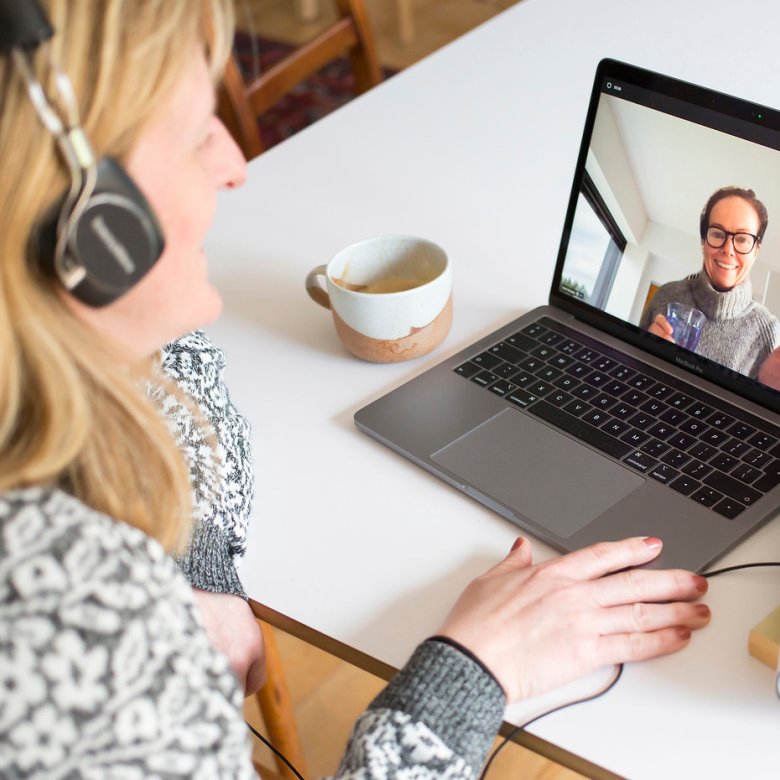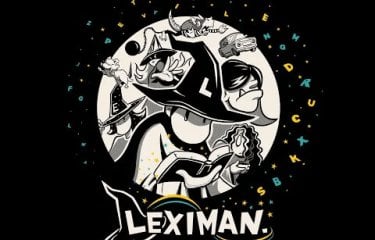What is Problem-Based Learning?
06 October 2025

In this blog post, Professor Russell Crawford explores the foundations underlying Problem-Based Learning (PBL) – the learning approach central to Falmouth's dynamic new Integrated Master’s Combined Arts MA (Online) course – and argues its case as a powerful approach to learning.
Problem-Based Learning: a method of learning for curious minds
Imagine logging into an online classroom and, instead of being handed a reading list and a long set of topics to memorise, you are instead presented with a real-world problem to solve.
Instead, you are encouraged to explore, question, research, discuss, and ultimately come up with your own novel solution using the problem to define the boundaries of what you want to learn to address it, and work with others along the way. That is the essence of Problem-Based Learning (or PBL for short).
It’s a philosophy that can be applied to any learning goal or challenge and works in pretty much any discipline you can imagine. PBL is grounded in decades of educational research, standing proud as a theory of learning. It orbits one key idea: people learn best when the learning is active, relevant, and interesting to them.
Adults learn differently
PBL draws heavily from the field of andragogy (literally meaning “how adults learn”), developed by Malcolm Knowles who discovered that - unlike children - adults require six specific things to make learning effective. They:
- Need to understand why they are learning something.
- Learn best through experience, even failure.
- Prefer to take ownership of their learning.
- Are driven by content that they see has real-life relevance.
- Are problem-oriented, not (just) information-focused.
- Respond more to internal motivations (such as curiosity, interest or a goal).
PBL taps into all these needs. It doesn't start with lectures, videos or even facts, but with the “problem” that is usually something messy, open-ended, and almost always beautifully complex. You learn because you need to, to address the problem – not because someone tells you to.
Problem-based learning helps develop critical and highly transferable skills such as teamwork, research, communication and confidence.
Learning in context
Another core idea underpinning PBL is that learning isn’t just about absorbing information, it’s about being part of a community. Whether the learning takes place while all together in the same virtual room or asynchronously, the community is ever-present. We learn better when we’re doing things in context and when learning with others.
PBL sees you generate, test and share ideas, then critically reflect on what works and what doesn’t. Then, like magic, you are engaging in what is known as “deep” learning.
Be empowered by self-direction
The PBL approach is what’s called ‘self-directed learning’, a core skill most of us already have. But self-direction does not mean you’re on your own. The key points about it are that self-directed learners are not passive recipients of information; instead, you identify what you need to learn, set your own learning goals, find resources and critically self-evaluate your personal progress on a regular basis.
At the core of PBL is the concept that effective learners take personal responsibility for their growth. Some learners thrive when given freedom, while others benefit from more structure. Both are fine in the context of PBL; the trick is to find the personal balance that works for you.
That’s where PBL shines as a method for learning, as it allows for both guided exploration and independent inquiry – based on where you are in your own learning journey – and will change as your confidence and knowledge grow.
Why all this matters to you
The goal of learning is not to acquire information or skills (although you will gain both), it’s to help you become a creative thinker, innovative problem-solver, and valuable contributor. PBL helps develop critical and highly transferable skills such as teamwork, research, communication and confidence.
In a world that is constantly changing, those transferable skills become lifelines when new challenges appear daily. Think of PBL being about you knowing how to learn and a method of learning for life in a way that empowers you to grow, one problem at a time.

About Professor Russell Crawford
Professor Russell Crawford joined Falmouth University in July 2020, coming from Keele University where he was a Senior Lecturer in Academic Development. In 2017, he received the National Times Higher Education ‘Most Innovative Teacher of the Year’ award and was also recognised as a 2018 National Teaching Fellow for his sustained impact on positive student outcomes and higher education teaching across a range of national projects.
See staff profile



